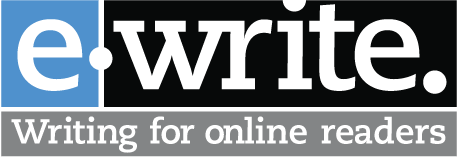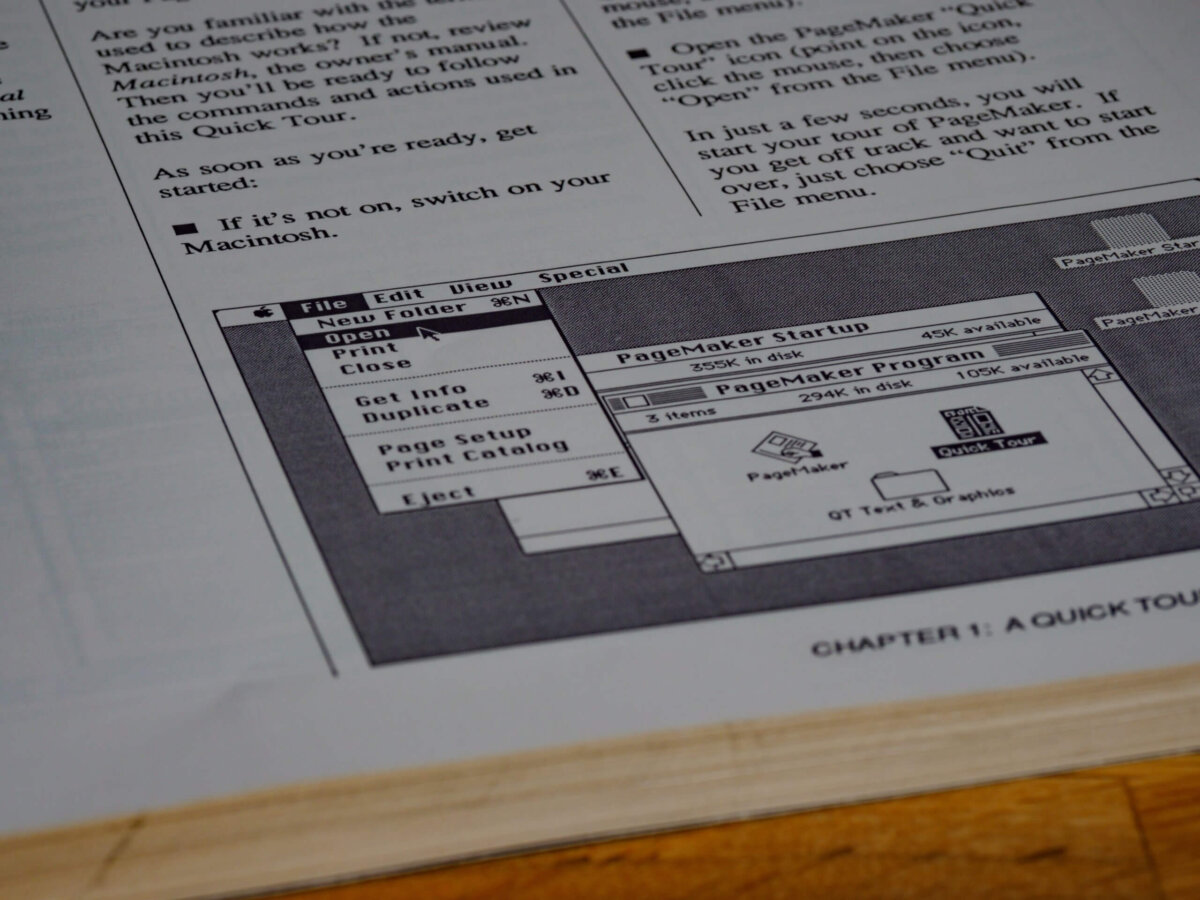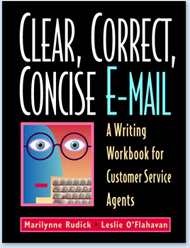 Many thanks to Karla Taylor of Karla Taylor Communications for interviewing me and writing this article for ASAE’s newsletter Communication News. Sure, it’s a little uncomfortable to air my dirty writing laundry in public, and to see myself talked about in third person, but Karla always brings out the best!
Many thanks to Karla Taylor of Karla Taylor Communications for interviewing me and writing this article for ASAE’s newsletter Communication News. Sure, it’s a little uncomfortable to air my dirty writing laundry in public, and to see myself talked about in third person, but Karla always brings out the best!
Here’s Karla’s article…
Writing is a realm of agony and ecstasy. Leslie O’Flahavan once struggled for hours to rewrite some relatively straightforward web copy. Another time she whipped out a blog post without a moment’s hesitation—or anguish. What made the difference?
From the moment she got the web copy, she worried that she lacked both enough material and the right kind of information to do the job well; the worries snowballed into confidence-sapping delays. In contrast, the blog covered a subject both she and her readers cared about, at a length that was perfect to express her opinions. Every writer has heard the phrase “That project wrote itself.” This was the dream task: the self-writing content.
O’Flahavan gets an up-close view of such struggles from two perspectives: She’s a writer herself, and she coaches others in her role as principal of E-WRITE in Silver Spring, Maryland. After analyzing what slows writers down and speeds them up, she has pinpointed three common problems—and found practical solutions.
Problem 1: You’re uncomfortable with your topic. Maybe you’re up against a deadline and don’t have time to do the needed research to make your point. Or perhaps you have to express a viewpoint that doesn’t make sense or doesn’t align with your organization’s past positions.
Solution: When grappling with the web rewrite, O’Flahavan finally admitted she couldn’t overcome her writer’s block alone. So she drafted sample copy and asked the client if it was what she was looking for. When the client readily said yes, O’Flahavan felt she understood how to meet the client’s needs and powered through the rest of the copy. The moral: If you’re bothered by the substance of what you’re writing, produce a small portion and get feedback. This will either convince you that you’re on the right track or direct you to a new one.
Problem 2: You’re having trouble with the format your information needs to fit. Sometimes when your assignment is to write a fact sheet, you’re buried under enough data for an encyclopedia. Or when you need a full report, you hardly have enough for a convincing PowerPoint presentation.
Solution: Ideally, your communications office has enough of a repertoire of materials that you can adjust your format to fit your content instead of the other way around. If a fact sheet isn’t right, what about a blog post, brochure, or magazine article?
A variation on the format problem: If your annual report has always been four sections in 16 pages, but this year’s major events will need six sections and 20 pages, propose the change before you start writing. Or if you’re writing a proposal the funder says must be no longer than10 pages, develop a workable writing strategy to help yourself avoid the time-wasting draft-and-delete cycle.
Problem 3: You’re suffering a crisis of confidence. You can’t stop thinking, “I’m a bad writer—always have been, always will be.”
Solution: Although most of us believe other people struggle less with writing than we do, that’s generally not true, O’Flahavan says. Ratchet down the emotional part by refusing to compare yourself to an unattainable standard.
Remember, too, that “most of us don’t need to write from the bottom of our souls,” O’Flahavan says. Good-enough writing is often good enough. The people paying you to write are often just grateful that you’re getting the job done and meeting their deadlines.
O’Flahavan offers two other practical tips to help you write faster.
First, study everything from tweets to emails to magazine articles with a critical eye to what makes them effective. Then adapt the good ideas to your own work. All by itself, “the act of reading critically will make you a better writer,” O’Flahavan says. Create an electronic folder to collect samples of model communications. Next time you’re struggling to organize a meeting promotion or to shorten a magazine article, pull out a worthy example to emulate.
Finally, figure out the source of your writing struggle before your deadline is breathing down your neck. The only thing worse than problems with your topic, format, and confidence is all those plus a missed deadline. “A writing task is something you really can take apart in manageable pieces and finish on time,” O’Flahavan says. “Don’t make it worse by doing what I call ‘working ugly’—having to do it at 12:45 in the morning.”
Reprinted with permission. Copyright, ASAE: The Center for Association Leadership, December 2012, Washington, DC.
Update: Great infographic on busting writer’s block
When I discovered Marko Saric’s 8 TIPS, I just had to add them here. (Thanks for sharing this, Erika Dickstein!)
![How To Become A More Productive Writer [Infographic] How To Become A More Productive Writer [Infographic]](http://makemyblog1.how2make.netdna-cdn.com/wp-content/uploads/2013/01/productive-writer-infographic.png)
Like this infographic? Check out HowToMakeMyBlog.com.







I have found this blog to be helpful .Since I work as content writer, I have faced with this problem of slowing down at times. Getting uncomfortable topic is the major problem, which the writers usually face. As we may lack knowledge about the topic, we may find it to be highly uncomfortable. Regards
I’m so excited to be reading an article about the Three Ways to Cut Through writer’s Block. As a writer, I indeed often face problems such as the one in this article. And I really appreciate the tips that have been given. Hopefully this blog owner can always be successful.
Yes, it’s really a wonderful thing. Not only improve the understanding of the material, but also significantly reduces the time of preparation of work. All people must used these tactics! Also, we will be able to further reduce the time for grammatical and orthographic corrections before our work will be done! Cherish your time!